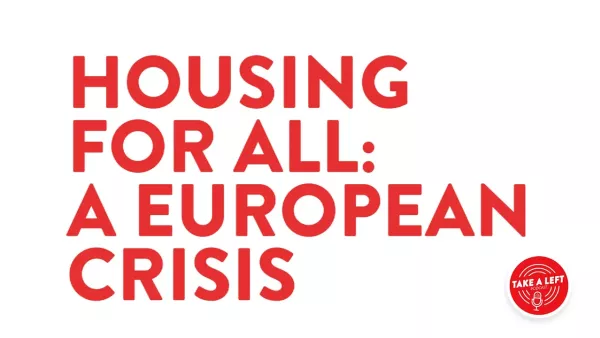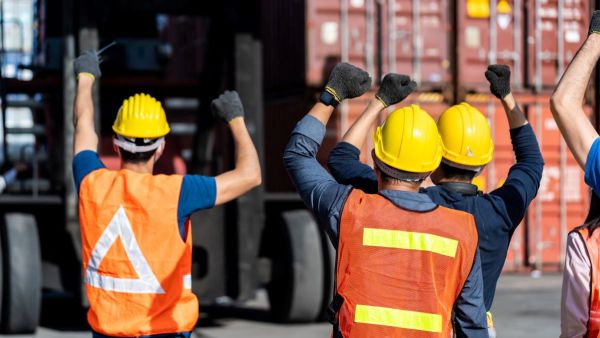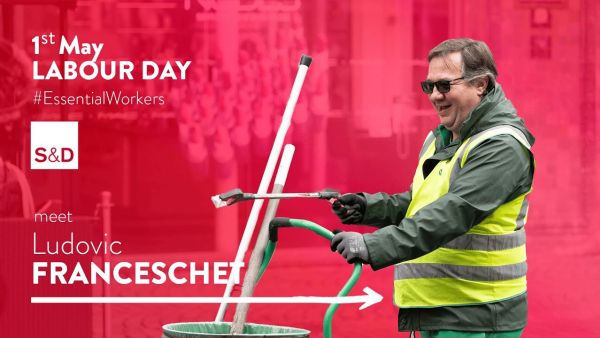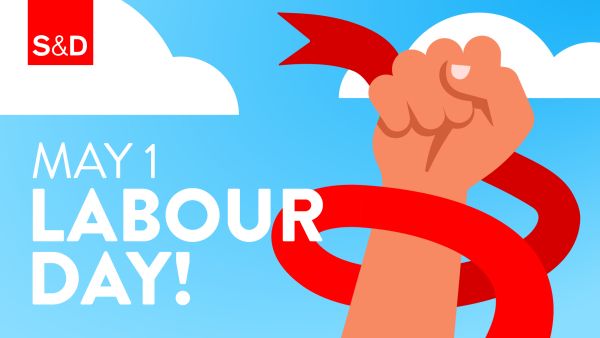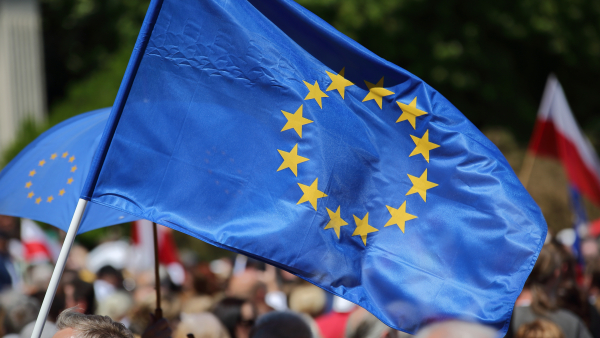The Socialists and Democrats strongly deplore that at today’s meeting of representatives of EU member states in Brussels no joint position could be reached on better protecting platform workers. This failure comes after a historic political agreement on a landmark EU law on platform workers was reached during marathon negotiations at the European Parliament in Strasbourg on the 13th of December 2023. Under the leadership of the Socialists and Democrats and the Spanish Presidency, a new global gold standard for bringing workers' rights into the digital era was brokered. The S&Ds urge EU member states to endorse it at their next meeting, as it is key to finalise this law by the end of this legislative term and to ensure the protection of the European social model.
Elisabetta Gualmini, S&D vice-president and European Parliament’s rapporteur on the new EU legislation on platform work, said:
“I am deeply disappointed that no agreement could be made today and shocked that a handful of EU member states signalled their intention to vote against this historic, balanced, and far-reaching law to better protect platform workers. This new law would significantly improve the social and labour rights of 28 million gig workers and protect them from exploitation by Uber, Deliveroo, Helpling, and similar platforms. At the same time, it will protect the genuinely self-employed by securing their autonomy, freedom, and flexibility, as well as shield good employers against unfair competition.
“Lobbying on this file has been intense. The European lobby for platform work even openly calls on member states not to approve this law. In recent years, many companies have generated record turnover on the backs of platform workers, who in many cases work for them as bogus self-employed workers without social security. We call on EU governments not to fall into the trap of the industry lobbyists. Paying lip service to social Europe is simply not good enough. Social Europe must be built through concrete actions to protect people and by bringing our laws into the digital era. It is high time to step up and deliver on workers' right, especially for the most vulnerable ones. The European social model is at stake here. If the phenomenon is left unregulated, we will soon witness the ‘platformisation’ of the entire European economy with far reaching consequences, such as the undermining of workers’ rights and a lack of social security to companies who dodge their tax responsibilities. Governments of member states have to face and feel the responsibility of their actions, as I have felt from the first moment I was appointed as EP rapporteur."
Note to editors:
Today, over 28 million people in the EU work through digital labour platforms. In 2025, their number is expected to reach 43 million. Platform workers use an app or a website to offer services in exchange for payment. This kind of work is currently presented by many platforms as a non-standard form of employment. Therefore, the social and labour rights of people working through apps and websites are not enshrined in standard labour legislation, which leaves many online earners with less protection than offline workers. It also creates unfair competition between the gig economy and traditional companies and puts at risk the full independence of the genuine self-employed.
The main objectives of the new legislation – the directive on improving conditions in platform work – is to enshrine a rebuttable presumption of an employment relationship in EU law and to ensure transparency of the algorithms used by digital labour platforms. The former is a solid and balanced mechanism to help correct bogus self-employment on the basis of actual working conditions and that shifts the burden of the proof to platforms. The latter ensures that the functioning of the algorithm, which impacts working conditions and personal data of people performing platform work, is no more a black box, but has to be transparent, and be subject to collective bargaining, like any instance shaping working conditions and prevent unlawful data processing.



